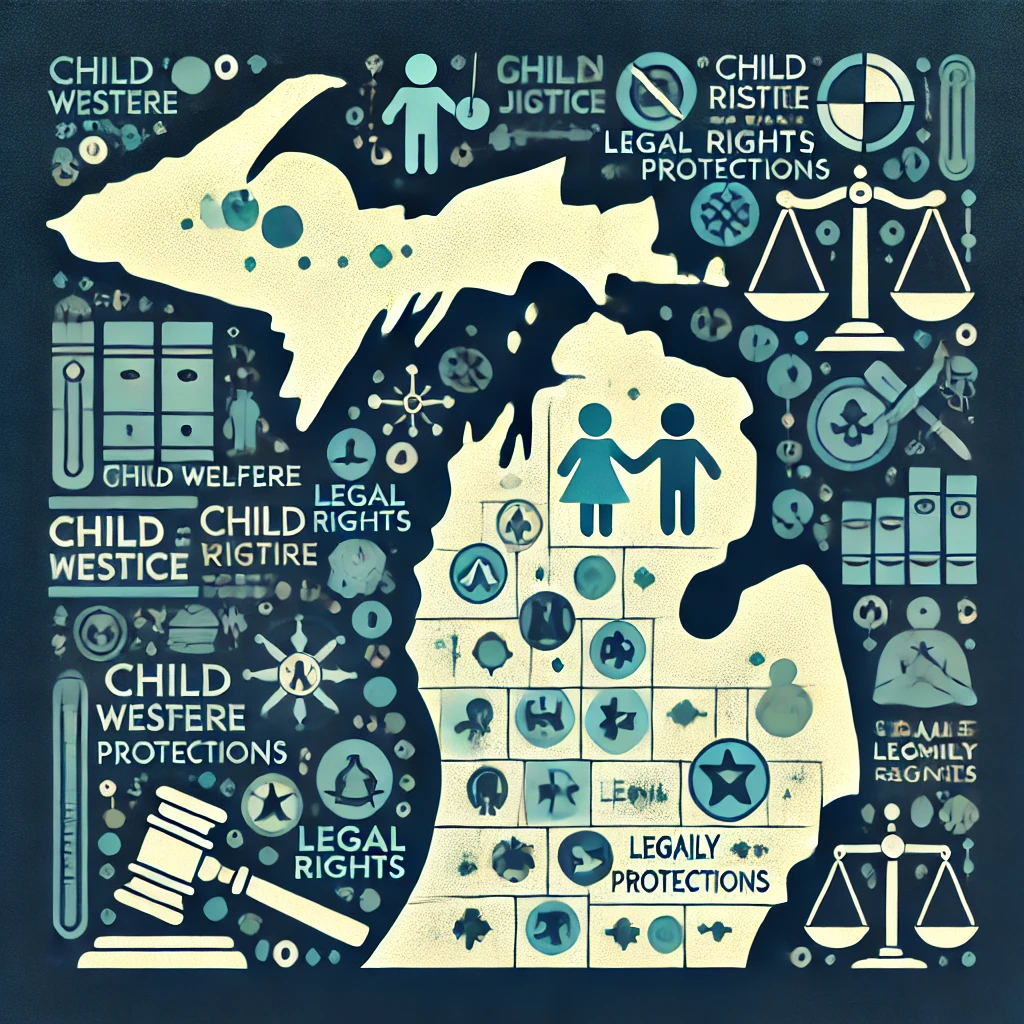
Here in Michigan, the well-being of children and the rights of parents and guardians are of utmost importance to all of us. As with other states, Michigan has legislation to address child abuse and neglect, influenced by federal funding mandates. This legislation must balance the state’s interest in child safety with Constitutionally mandated respect for parental rights, aiming to prevent government overreach into family life.
Understanding Caregiver Rights in Michigan’s Child Welfare System
It’s critical for Michigan parents and guardians to be thoroughly educated about their rights at the beginning of any government-led (CPS or police) child welfare investigation. Some jurisdictions, but not Michigan, have already mandated that child welfare agencies such as CPS, notify and educate parents about their rights during these proceedings. These requirements typically include provisions that establish both the substantive and procedural rights of caregivers and those that require the explicit notification of these rights.
Identifying Gaps in Current Legislation
Despite these measures, there is a noticeable gap in Michigan’s approach: a lack of a systematic educational requirement to ensure caregivers fully understand their rights during child welfare investigations. This gap is not unique to Michigan; it is a common issue in many states’ child welfare legislation, highlighting a widespread need for this critical educational component.
Proposed Changes to Enhance Caregiver Rights
The proposed legislation in Michigan, similar to Maryland’s HB644 and Texas’s HB 730, aims to significantly empower parents and guardians. It would require local law enforcement or social services personnel to provide both oral and written notices to caregivers, explaining their rights during investigations. These rights include the ability to refuse entry to their home without a court order, to be informed of all allegations, to consult an attorney before speaking with investigators, and to refuse any demands for examinations or interviews with their children unless legally mandated.
The Importance of Educational Mandates in Legislation
While notifications are a positive step forward, the absence of an educational mandate that ensures parents and caregivers understand these rights comprehensively could hinder the effectiveness of the legal protections intended to safeguard family integrity.
Advocating for Systemic Educational Approaches
To truly protect parental rights and ensure informed participation in the child welfare process, Michigan needs to adopt a systemic educational approach. This would equip parents with not only knowledge of their rights but also an understanding of how to exercise them effectively. Engaging with the child welfare system with confidence allows parents to make informed decisions and advocate for their family’s best interests from a position of strength.
The Road Ahead: Legislative Opportunities
The next legislative session presents an opportunity for Michigan to lead by integrating mandatory education about caregivers’ rights into its child welfare laws. Such a step would strengthen the system’s integrity, promote justice, and better safeguard the rights and welfare of families across the state.

